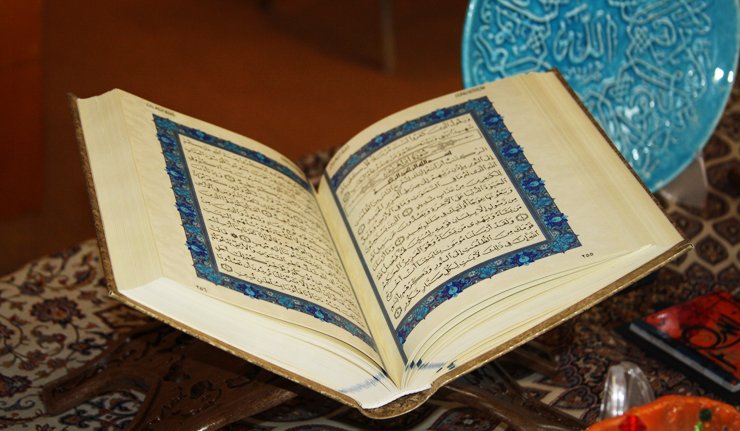ابتداع تقاليد الشرف في الإسلام المغربي: دراسة في نشأة ظاهرة النبالة الدينية وتطورها ودلالاتها

اعداد : د. مراد جدي – باحث في التراث الثقافي، الأكاديمية الجهوية للتربية والتكوين، وجدة، المغرب
- المركز الديمقراطي العربي –
-
مجلة العلوم الاجتماعية – العدد الثاني ديسمبر – سنة “2017”، وهي مجلة دولية محكمة تصدر عن المركز الديمقراطي العربي المانيا- برلين.
للأطلاع على البحث “pdf” من خلال الرابط المرفق :-
الملخص:
تتناول هذه الدراسة التحولات التي مرت بها تقاليد الشرف في الإسلام المغربي في مسارها نحو تكريس ذاتها ككيان اجتماعي متجانس ذي هوية ثقافية خاصة، فبعد أن نزعت عنها الغطاء المذهبي، أصبحت القوة الشرعية المهيمنة على جزئيات الواقع الاجتماعي المغربي خلال القرنين 14 و15م، ونتج عن هذا أن أصبح الشرف المورد الرئيسي لاكتساب الشرعية والوجاهة سواء داخل الحقل السياسي أو الديني مع نسق الولاية والصلاح، ولكي يحقق الشرف هذا الانتقال في ماهية السلطة، كان عليه أن يشتغل على بناء إيديولوجية “البركة النبيلة”، أي يقوم بعملية أدلجة البركة باللجوء إلى توظيف القيمة السوسيو-رمزية لتقاليد “النسب الشريف”.
The invention of Sharafism’s traditions in the Moroccan Islam: a study in the genesis of the religious nobility phenomena and its evolution and indications
Abstract:
This study deals with the transformations that were passed by the traditions of Sharafism, in the Moroccan Islam, during its path towards devoting itself as a homogeneous social being with a special cultural identity. After they had taken off their doctrinal cover, these traditions became the main legal power over the Moroccan society’s particulars during the 14th and 15th centuries. Consequently, the Sharafism has become the main source of gaining legitimacy and leadership either in the political or the religious field with the coordination of the sanctification and seigniory. So that the Sharafism can achieve this transmission in the identity of the power, it had to work on constructing the ideology of “The Noble Baraka”. In other words, it had to make the Baraka ideological, by using the socio-symbolic value of the traditions of “The Nassab Ash-Sharif”.




